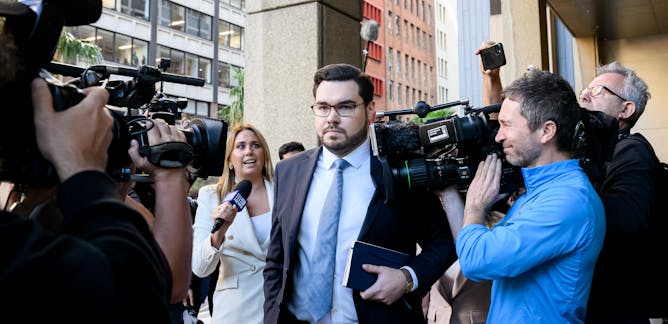
Articles on Media law
Displaying 1 - 20 of 54 articles

In one of the biggest legal sagas of recent times, Justice Michael Lee has delivered his verdict. What did he say?

Just days before Justice Michael Lee was due to pass down his judgment, Network 10 threw another spanner in the works.

Vague definitions and heavy penalties mean that legislation could be used to stifle a free press.
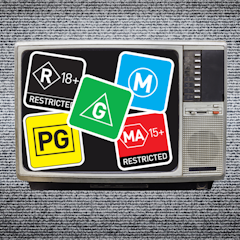
We’re all familiar with a green ‘G’ or a red ‘MA’ on a movie poster, but those ratings don’t have any basis in what we know about child development. They’d be much more useful for parents if they did.
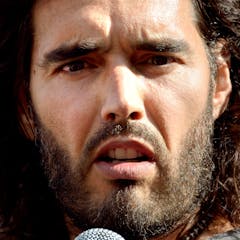
An expert on media law explains how newspapers avoid defamation when investigating a story.
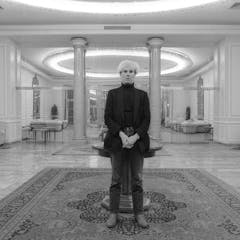
The decision may make it hard to report the news, make documentary films, write biographies or even teach a class.
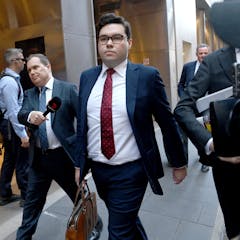
The trial is likely to go ahead in November this year, and last for around four weeks.
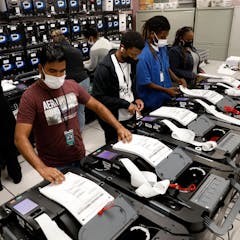
It’s far easier to throw around accusations of damage to one’s reputation than it is to actually prove it in court. A journalism scholar explains the criteria that must be met.

Major public media reform in New Zealand is coming at the same time as trust in government and media declines. The proposed new law needs to make political and editorial independence a top priority.
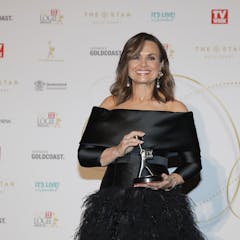
Complicating things is the fact the prosecution plans to call Wilkinson as a witness in the trial.

Calls to reveal the true identities of social media users won’t make the internet safer without deeper reform of online platforms.
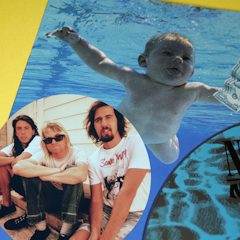
The Nirvana baby lawsuit serves as a timely reminder to parents to be careful about what they are sharing about their children online.

A media law expert explains why the Sun was right to report on Health Secretary Matt Hancock’s personal life.

At the end of the 1925 movie ‘Red Kimono,’ the protagonist, Gabrielle Darley, throws away her garment and moves on to a better life. Real life is more complicated.

New laws in Albania show one approach to dealing with disinformation – and highlight some pitfalls of selective regulation.
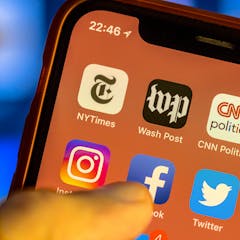
Media companies are mad as hell at tech giants and don’t want to take it anymore. But what choice do they have?
The Conversation64.5 MB (download)
No wonder that, according to a new international survey, media companies are increasingly unhappy with their lot. In this episode we hear from the survey's author, Robert Whitehead.

The state in Ghana still justifies taking steps that amount to suppression of the media.

As we face a growing tide of unregulated hate speech, the media is crucial in normalising diversity. Yet progress here has been slow. Even the ABC has failed to meet some of its own targets for hiring a diversity of employees.

An American media scholar studying in Australia looks at the protections offered by the two countries for investigative reporting, raising crucial questions about journalism’s role in democracy.

Pell trial reporters, a judge and a media lawyer on why the suppression order debate is far from over
The Conversation, CC BY79.9 MB (download)
On the day George Pell was sentenced, several experts with wide-ranging experiences of suppression orders discussed how they affect the public’s right to know and whether the laws should be reformed.
